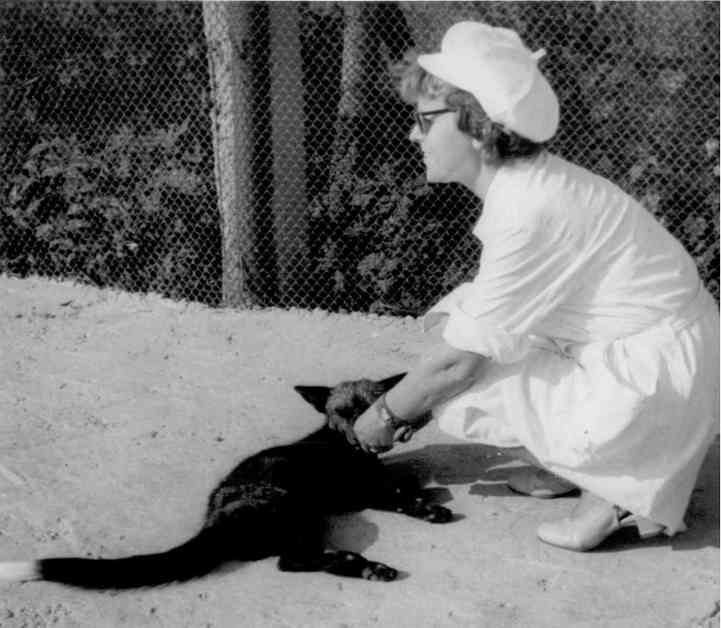Lyudmila Trut, the geneticist who dedicated her life to studying the process of domestication by selectively breeding friendly foxes, passed away peacefully in her sleep just before her 91st birthday. Her groundbreaking work on the silver fox, a variant of the red fox, has set the standard for understanding domestication over the past six decades.
When Trut was just 25 years old, she took on the challenge of leading an experiment using foxes to explore the domestication process under the guidance of geneticist Dmitri Belyaev. Despite the risks involved in conducting genetic research during a time when Soviet agronomist Trofim Lysenko wielded significant power, Trut saw the scientific potential and accepted the challenges. For 66 years, she devoted herself to the experiment, driven by the belief that responsible taming leads to remarkable results.
Trut and Belyaev’s radical idea was to test the domestication syndrome by selectively breeding the calmest and friendliest foxes, hypothesizing that these traits were linked to genes associated with calm behavior. Through careful experimentation and observation, they revolutionized scientific understanding of domestication, proving their theories right over time.
Visiting Novosibirsk in 2012 and 2014 to document the fox experiment, Trut’s warmth and kindness left a lasting impression on those she met. Despite the harsh Siberian winter, Trut welcomed her guests with open arms, sharing stories of her experiences and offering comfort in the form of local treats. Her bond with Pushinka, a special fox she lived with, showcased the transformative power of the domestication experiment, producing foxes that could live harmoniously with humans within a short span of selective breeding generations.
Trut’s dedication extended beyond her scientific pursuits; she fought to keep the experiment alive during times of financial uncertainty, even resorting to roadside fundraising to ensure the well-being of her beloved foxes. Her resilience and determination to preserve the legacy of her work reflected her desire for the foxes to endure beyond her lifetime.
As we reflect on Trut’s remarkable contributions to science and her unwavering commitment to the domestication experiment, we honor her legacy by continuing to explore the intricacies of genetic research and the profound impact of responsible taming on the natural world. Trut’s passion and perseverance serve as an inspiration to future generations of scientists, reminding us that the bonds we form with the natural world can transcend time and leave a lasting imprint on our shared history.










